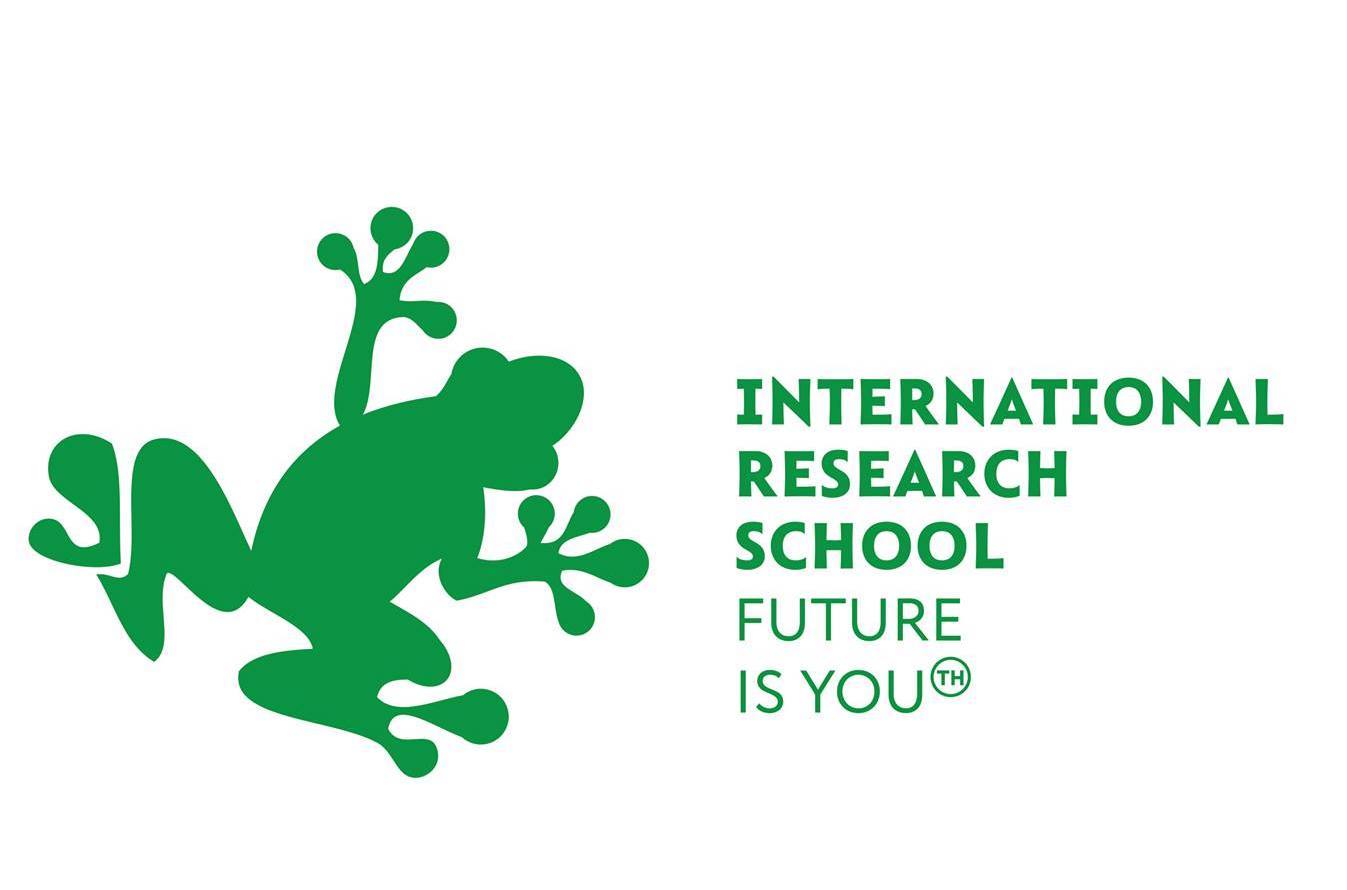12TH INTERNATIONAL RESEARCH SCHOOL
Bioindication of Protva River stretches: invertebrates, algae and microorganisms research
Microbiology, Zoology, Ecology
Anthropogenic water pollution is a serious environmental problem. It is important to have methods to evaluate the level of water contamination. One of such methods is bioindication. Bioindication is an assessment of the quality of the habitat based on the state of living organisms in natural conditions. Bioindicators are species or associations, by the presence, degree of development and change of which they judge the quality of water, soil or air and the condition of ecosystems. The biological indicators in water bodies are often the bacterio-, phyto-, zooplankton and zoobenthos communities.
Thus, microbes, algae and invertebrates can help us to know how "healthy" the ecosystem is. For example, depending on the diversity of these organisms present in rivers and soils, we can measure how human activities impact these environments.
For human history, microorganisms have been essential since man learned to cultivate them and benefit from them. They have helped to enhance the quality of our lives.
Thus, microbes, algae and invertebrates can help us to know how "healthy" the ecosystem is. For example, depending on the diversity of these organisms present in rivers and soils, we can measure how human activities impact these environments.
For human history, microorganisms have been essential since man learned to cultivate them and benefit from them. They have helped to enhance the quality of our lives.

Microorganism can be cultured to be analysed
During our project work, we will look at the diversity of microorganisms, algae and invertebrates at different points of the Protva river, an important aquatic environment in the Kaluga region. Likewise, we will know about genotoxicity and discover how it impacts people's everyday life and wildlife in the region. Genotoxicity can reveal to us how the physical, chemical and biological agents present in a river can damage the genetic material of the living organisms there. In addition, we will analyze whether anthropogenic impact has changed the microbes, algae and invertebrates populations by using simple microbiological and ecological techniques.
If you are interested in the role of microorganisms in the environment , in studying algae and invertebrates as bioindicators and how we can use them to solve local problems, come and join us!
If you are interested in the role of microorganisms in the environment , in studying algae and invertebrates as bioindicators and how we can use them to solve local problems, come and join us!

Microorganisms can be isolated from the environment
Tutors

Alexandra Tertitskaya
Moscow, Russia
Moscow, Russia
Alexandra was born in Moscow (Russia) on July 4th, 1983. At the moment she is a co-founder and is conducting her own educational project in the field of science education for children and adults at the Zvenigorod Biological Station of the Moscow State University. She graduated from the Department of Invertebrate Zoology at the Faculty of Biology, Moscow State University, and for several years worked as a research assistant in the field of aquaculture of commercial invertebrates.
Since 2003 Alexandra has been teaching practical biology to schoolchildren of different ages. She worked as a teacher of biology in schools, as well as in summer environmental camps, expeditions, clubs, school field trips and in several educational projects in Moscow (Polytechnic Museum, Smart Moscow, Forest Embassy).
She also reads popular science lectures and design out-of-school education programs.
Since 2003 Alexandra has been teaching practical biology to schoolchildren of different ages. She worked as a teacher of biology in schools, as well as in summer environmental camps, expeditions, clubs, school field trips and in several educational projects in Moscow (Polytechnic Museum, Smart Moscow, Forest Embassy).
She also reads popular science lectures and design out-of-school education programs.

David Yair Rodríguez López
Puebla, Mexico
Puebla, Mexico
David was born in Puebla (México) in October 7th, 1998. Currently, he is studying a Bachelor's degree in Agricultural Engineering at the Popular Autonomous University of Puebla State (UPAEP). Since 2012, he has been taking part of several scientific events: science fairs, meetings, workshops and seminars. In 2016, I was the National Champion of "National Mexican ExpoSciences", which gave him the opportunity to attend the "Stockholm International Youth Science Seminar". In 2017, he was recognized as one the 25 most talented young scientist in the world by the Swedish Federation of Young Scientists. Also, on that year he was invited to the Nobel Prize Award Ceremony by the Nobel Foundation.
His scientific interests are related to endemic plants, tissue cultivation, agronomy and environmental issues. At the present, he am developing a scientific research about an endemic cactus of Mexico entitled: "Morphogenetic effect of cytokinins 2iP, BAP and K in seedlings and lateral sprouts of Echinocactus platyacanthus".
David wishes to share his passion for plants and the environment with you!
His scientific interests are related to endemic plants, tissue cultivation, agronomy and environmental issues. At the present, he am developing a scientific research about an endemic cactus of Mexico entitled: "Morphogenetic effect of cytokinins 2iP, BAP and K in seedlings and lateral sprouts of Echinocactus platyacanthus".
David wishes to share his passion for plants and the environment with you!


